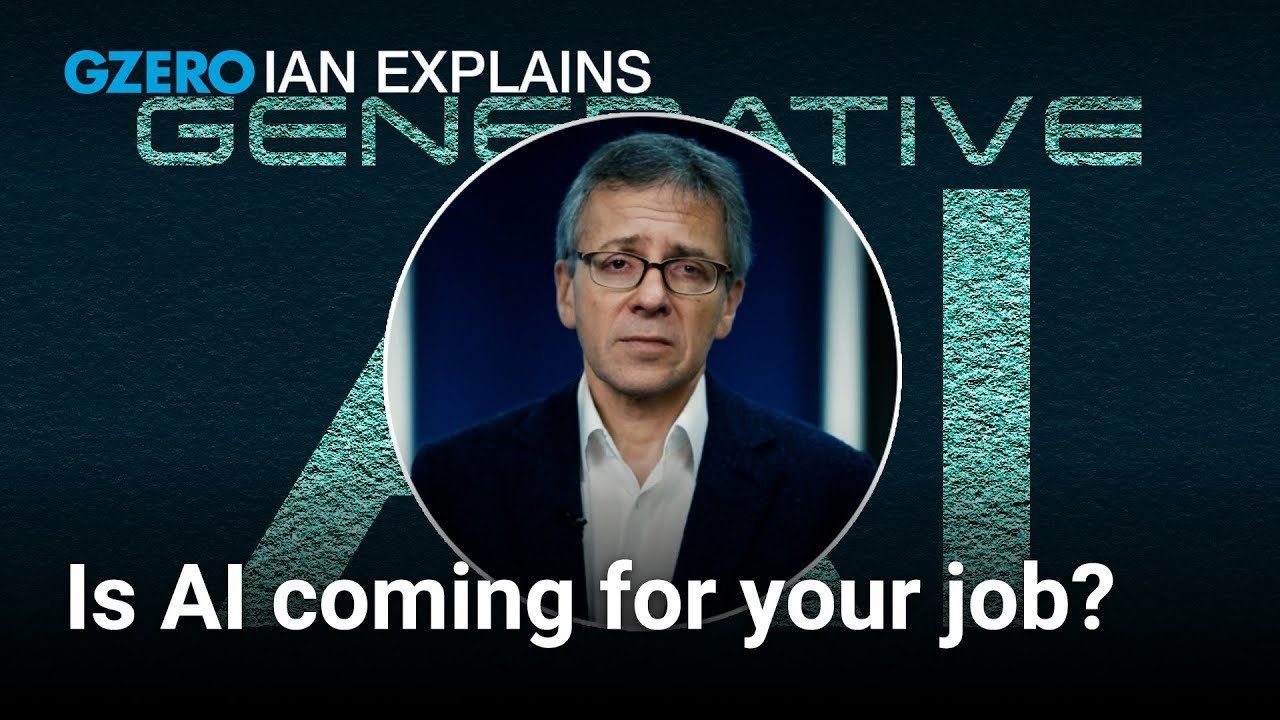
Generative AI could increase productivity and prosperity... but also replace jobs and increase global inequality.
As long as humans have been inventing new technology, they’ve worried it will replace their jobs. From Ancient Greece to Elizabethan England, people feared machines and automation would eliminate the need for human labor. Hundreds of years later, the same conversation is happening around artificial intelligence—the most powerful technology to hit the workforce since the personal computer.
On Ian Explains, Ian Bremmer looks at the history of human anxiety about being replaced by machines and the impact this new AI era will have on today’s workers. Will AI be the productivity booster CEOs hope for, or the job-killer employees fear? Experts are torn. Goldman Sachs predicts a $7 trillion increase in global GDP over the next decade from advances in AI, but the International Monetary Fund estimates that AI will negatively impact 40% of all jobs globally in the same time frame.
Human capital has been the powerhouse of economic growth for most of history, but the unprecedented pace of advances in AI is stirring up excitement and deep anxieties about not only how we work but if we’ll work at all.
Watch the upcoming episode of GZERO World with Ian Bremmer on US public television this weekend (check local listings) and at gzeromedia.com/gzeroworld.
- One big thing missing from the AI conversation | Zeynep Tufekci ›
- Political fortunes, job futures, and billions hang in the balance amid labor unrest ›
- Larry Summers: Which jobs will AI replace? ›
- AI's impact on jobs could lead to global unrest, warns AI expert Marietje Schaake ›
- This year's Davos is different because of the AI agenda, says Charter's Kevin Delaney ›
- What impact will AI have on gender equality? - GZERO Media ›
- Can AI help doctors act more human? - GZERO Media ›
- Join us Jan. 22 from Davos for a Global Stage discussion on the AI economy - GZERO Media ›